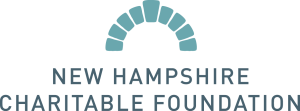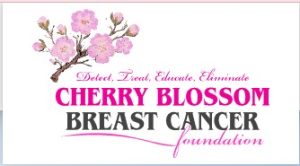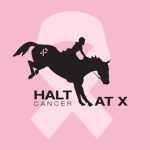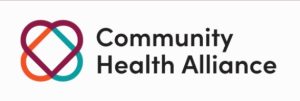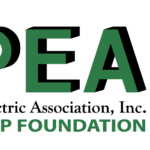Reel Healing – Alex Huffman
2023 welcomes a new blog series here at Casting for Recovery! Each month, CfR will highlight a health and wellness volunteer that serves one of our many programs including, psychosocial facilitators, medical facilitators, nutritionists and more. This month we feature Alex Huffman, a licensed clinical social worker, who serves several Casting for Recovery programs. Read more below about her role at a CfR retreat and how it provides “reel” healing for breast cancer survivors and thrivers.
Tell us a little about yourself and how you became involved with Casting for Recovery.
I’m a licensed clinical social worker and have worked in a variety of settings, including crisis intervention, schools, nonprofits, and medical settings. I found a home in oncology social work about ten years ago, and I truly think it is an honor to work in this field. I have volunteered as a psychosocial facilitator with CfR for seven years and at retreats in two states. I grew up fishing Texas lakes and became obsessed with flyfishing shortly after joining the CfR team. Volunteering allows me to combine my personal and professional passions, and for that, I’m extremely grateful!
As a psychosocial professional who volunteers at CfR retreats, why do you believe the psychsocial component to the retreat is so beneficial and/or necessary?
One of CfR’s principles is “Braving it Together”, and I integrate that into the psychosocial components of the retreats I facilitate. Throughout the weekend, participants experience how healing happens in community. Our supportive conversations and activities create connection by ensuring participants feel seen, heard, and validated.
What sort of questions & topics do you find participants ask most often during Evening Circle?
In Evening Circle, I view my role as holding safe space for questions, topics, and especially possibilities. In this protected time, participants genuinely and vulnerably share and connect with one another. They ask questions about diagnosis, treatments and physical and psychological side effects, express fears of recurrence or next steps, explore helpful resources, and just listen to and learn from each other.
What kind of outcomes have you witnessed from the Evening Circle at retreats? What are some of the most transformative things you witnessed with retreat participants – as a group and/or individually?
The most transformative part of Evening Circle and the entirety of the retreat is seeing how participants’ stories become interwoven in just a few days. Our stories tell us who we are, what is possible, and what we can call upon, especially in challenging and painful times. When we come together in Evening Circle to witness one another’s stories, we reaffirm the healing power of connection, inclusion, generosity, compassion, and acceptance. Through this shared experience, we generate a kind of forward motion that supports hope.
On the whole, why do you refer people to CfR retreats? Why do you think the retreats are beneficial to women who have experienced breast cancer?
I believe CfR retreats are meaning making opportunities for participants. After a life-changing experience like cancer, one of the most effective tools for healing is trusting there is meaning in one’s life. That can come from doing something significant, caring for others, and summoning courage in difficult times- all of that converges throughout the retreat weekend. I think participants catch and release much more than fish by Sunday afternoon and highly recommend them to patients!
